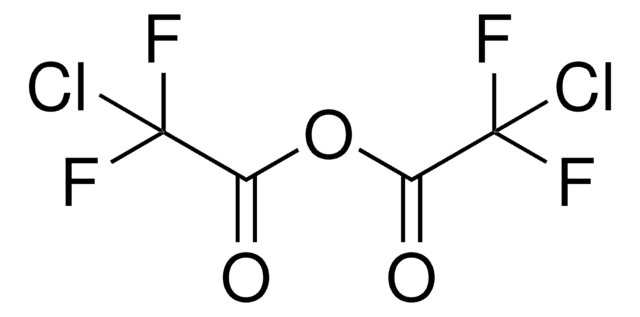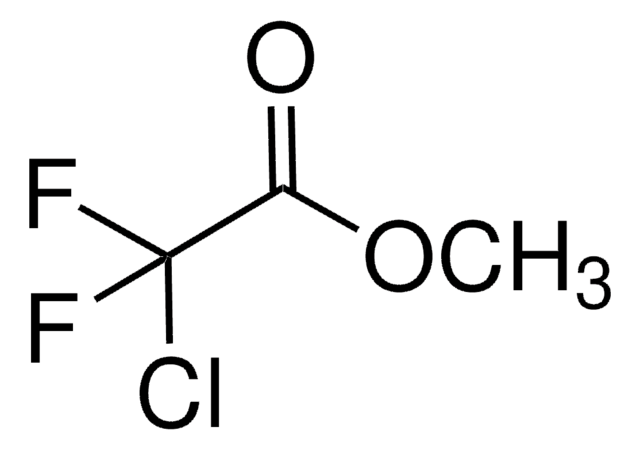296295
Anisole
anhydrous, 99.7%
Synonym(s):
Methoxybenzene, Methyl phenyl ether
About This Item
Recommended Products
grade
anhydrous
Quality Level
vapor density
3.7 (vs air)
vapor pressure
10 mmHg ( 42.2 °C)
Assay
99.7%
form
liquid
autoignition temp.
887 °F
expl. lim.
8 %
impurities
<0.002% water
<0.005% water (100 mL pkg)
evapn. residue
<0.0003%
refractive index
n20/D 1.516 (lit.)
bp
154 °C (lit.)
mp
−37 °C (lit.)
density
0.995 g/mL at 25 °C (lit.)
SMILES string
COc1ccccc1
InChI
1S/C7H8O/c1-8-7-5-3-2-4-6-7/h2-6H,1H3
InChI key
RDOXTESZEPMUJZ-UHFFFAOYSA-N
Looking for similar products? Visit Product Comparison Guide
Related Categories
Application
- Zeolite-catalyzed Friedel-Crafts acylation with acetic anhydride in acetic acid to form 4-methoxyacetophenone with high selectivity.
- Bismuth triflate-catalyzed Friedel-Crafts benzoylation with benzoic anhydride to form 4-methoxybenzophenone under solvent-free microwave irradiation.
It may also be used as a surrogate for lignin primary tar in pyrolysis experiments.
Signal Word
Warning
Hazard Statements
Precautionary Statements
Hazard Classifications
Flam. Liq. 3 - STOT SE 3
Target Organs
Central nervous system
Storage Class Code
3 - Flammable liquids
WGK
WGK 2
Flash Point(F)
125.1 °F - closed cup
Flash Point(C)
51.7 °C - closed cup
Personal Protective Equipment
Choose from one of the most recent versions:
Already Own This Product?
Find documentation for the products that you have recently purchased in the Document Library.
Customers Also Viewed
Articles
Fluorescence quenching microscopy visualizes 2D materials like graphene and MoS2 rapidly, inexpensively, and with high fidelity.
Fluorescence quenching microscopy visualizes 2D materials like graphene and MoS2 rapidly, inexpensively, and with high fidelity.
Fluorescence quenching microscopy visualizes 2D materials like graphene and MoS2 rapidly, inexpensively, and with high fidelity.
Fluorescence quenching microscopy visualizes 2D materials like graphene and MoS2 rapidly, inexpensively, and with high fidelity.
Our team of scientists has experience in all areas of research including Life Science, Material Science, Chemical Synthesis, Chromatography, Analytical and many others.
Contact Technical Service















